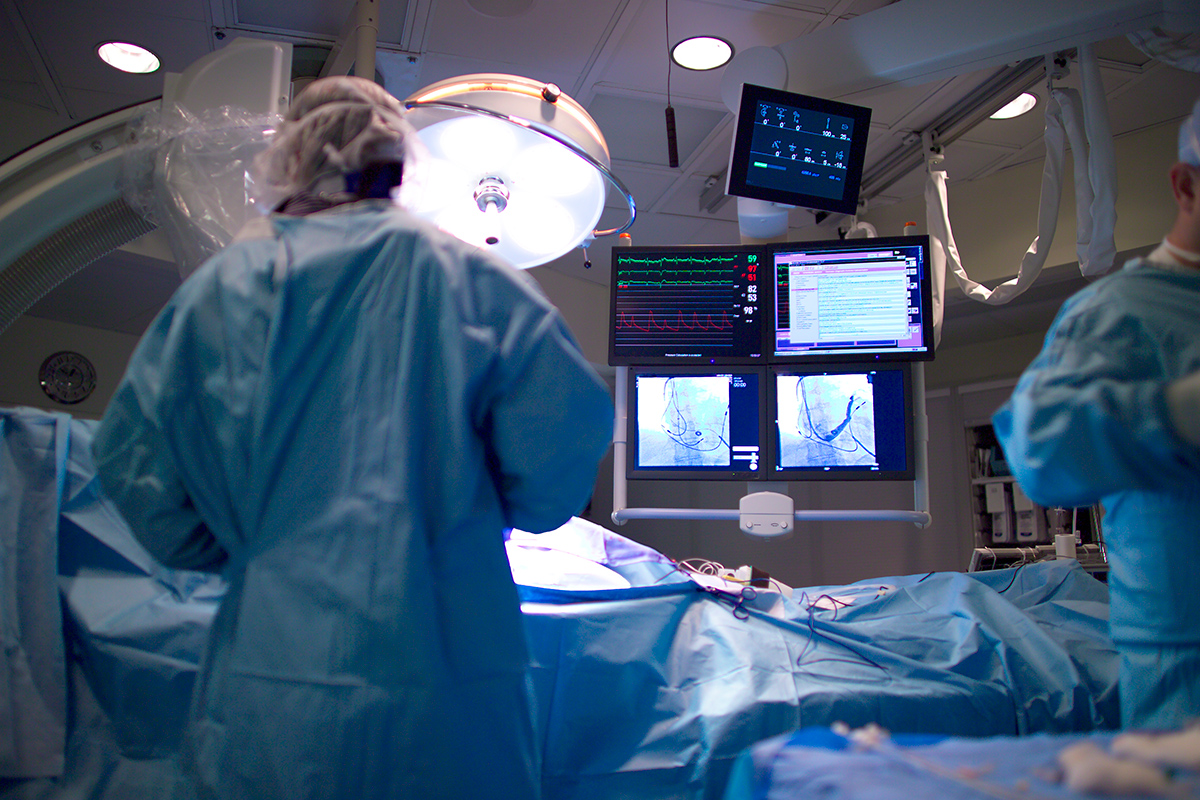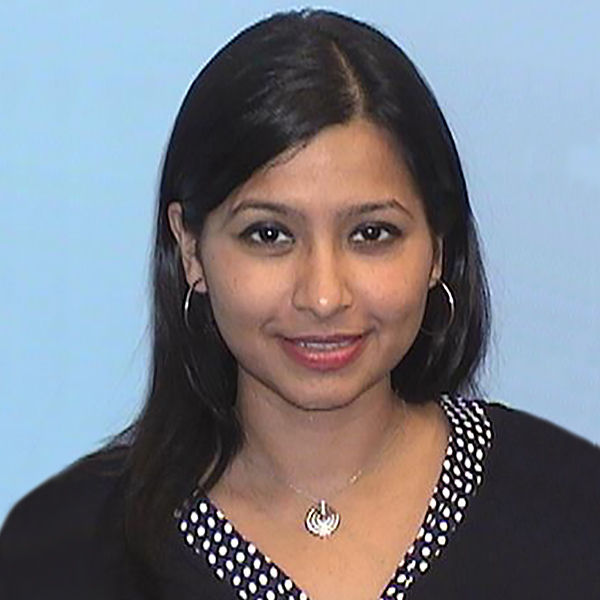#ChooseCardiology: Nishaki Mehta, MBBS, FACC

FEATURE | From Ni"Shock"i to "Meta"-Analysis – it sounds like my name determined my career path.
I chose academic electrophysiology because my name embedded electricity and research – just kidding! I chose academic cardiology because I envisioned a three-pronged career approach: providing high quality clinical care, being a part of a stimulating work environment where I continuously engage in teaching and learning, and having the ability to collaborate on research across specialties and disciplines.
My interest is in medical product device development, which benefits from a close collaboration with biomedical engineering. I currently serve a dual faculty appointment at the University of Virginia School of Medicine and Biomedical Engineering. Therefore, my position has been a great combination of offering all the resources to facilitate my vision.
Academic medicine was what I had expected and told to anticipate. My colleagues gave me advice on getting my research efforts off the ground as I was building my clinical practice. They advised me that once the practice takes off, it can burgeon to spill into my other efforts.
This happened sooner than I was expecting and I am grateful for their early insights. Maintaining that balance and keeping sight on my long-term vision is something I strive to do on a regular basis.
This article is part of the ACC
WIC Section's #ChooseCardiology series, where women in residency, fellowship and early career are encouraged to share why they would choose cardiology again.
After fellowship, early attending can be a phase where suddenly the learning comes to a standstill. The exponential growth curve that we take for granted as a fellow runs the risk of plateauing. Academic cardiology fosters this learning on an everyday basis, and that is the real beauty of being in a large academic setting.
That being said, I have a few friends in private practice who go above and beyond to keep up with the learning. It is just much easier in an academic setting, where simply being around an environment of new advances and cutting-edge research makes learning an osmotic process.
I feel privileged to be part of the University of Virginia Medical Center. In my experience, academic cardiology represents a good balance of clinical care, education and research. There is certainly a salary differential, which can be substantial, but there are tangible non-monetary benefits that are important to me.
I would suggest thinking hard about what matters to you, your short- and long-term career goals, and the pros and cons as you embark on a career search. Family or friends who know you well can also lend clarity as you explore options.
A support system is also crucial. I have been fortunate enough to work with remarkable male and female cardiologists. As cliché as it sounds, my greatest role models have been my family – none of whom are physicians. They have been by my side from the very beginning, and this journey has had its share of highs and lows. They have helped me see the brighter side on dim days and encouraged me to keep forging ahead.
My mother has also evolved her career from a psychologist to a lawyer to an entrepreneur. Watching her switch roles in such a versatile manner and be successful has been an inspiration. My father, a diamond trader, went to law school at 60 years old. Witnessing his yearn for lifelong learning is motivating.
My younger brother branched out in a commodity market field and is now highly successful as he runs a company with more than 200 employees. He has taught me a lot about team work and leadership skills – soft skills that transcend commodity markets to the clinical work space. My fiancé also has the most robust work ethic that I admire and try to emulate.


